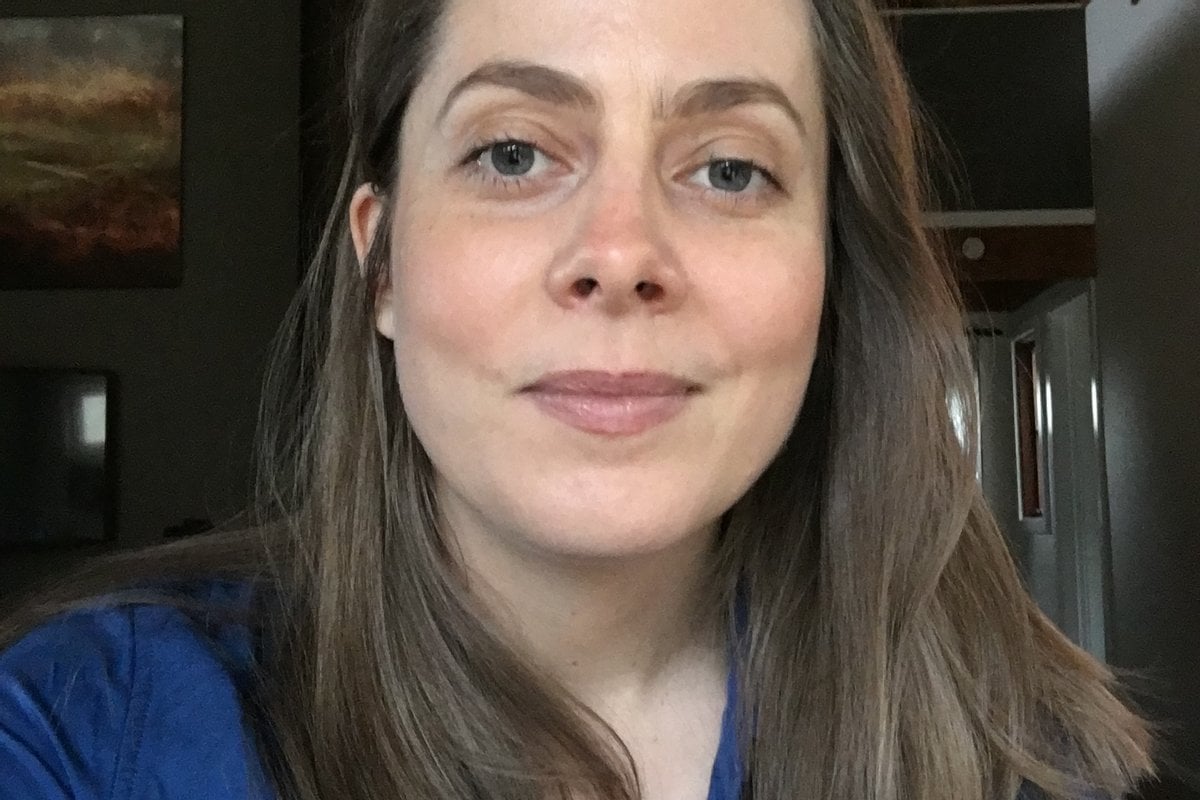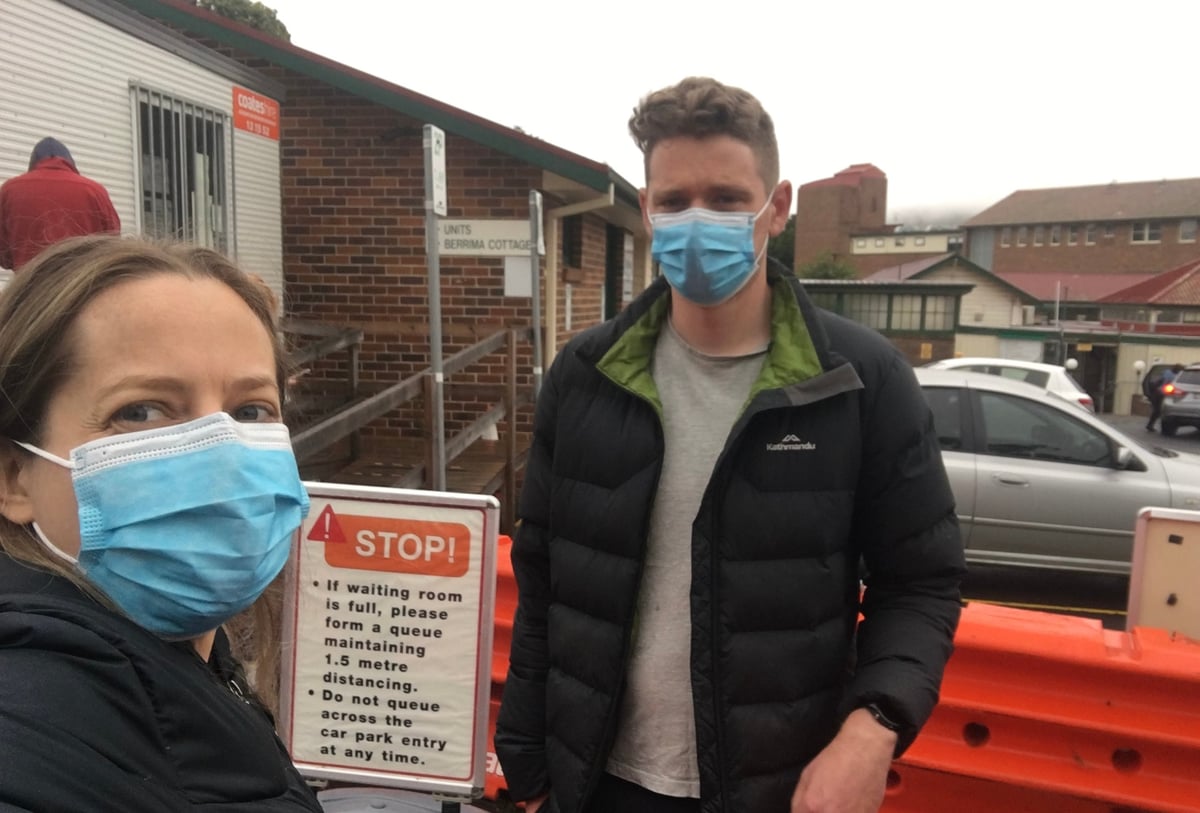
I’ve been unsettled this new year. I feel close to tears, bored, restless, joyful, excited, sad and worried. Why? Because COVID is rampant, everyone has pandemic fatigue, and I’m immunocompromised.
I have myalgic encephalomyelitis – a disabling neuro-immune disease usually triggered by viruses. Last time I got the flu was in 2014. I couldn’t move for two weeks, and it started a chain of events that ended my career. I lost the use of my left leg for a while. My brain hasn’t ever recovered. This is unusual, but it can happen to anyone. It did to me.
Here are the stats: researchers across the globe have found that 20 per cent of previously healthy 18 to 34-year-olds have ongoing symptoms after contracting COVID. Up to one third of people who contracted COVID but weren’t hospitalised, have had symptoms up to three months later. This figure is higher including those who do end up in hospital.
Most of us will survive Omicron. But a huge number of people are about to become disabled.
Watch: The signs to use when talking about COVID. Post continues after video.
If you’re one of the 20 to 30 per cent who don’t recover from COVID – are you ready? Have you checked your sick leave? Do you have income protection insurance? Do you have total and permanent disablement insurance? Do you have people who can care for you if you can no longer manage daily tasks yourself? Are you taking these questions seriously? Or do you think, as I used to, that you are different? You’ll be fine because you’re 'healthy' and 'strong'? You eat well, you exercise, bad things don’t happen to you. And Omicron is 'mild' anyway, isn’t it?


Top Comments